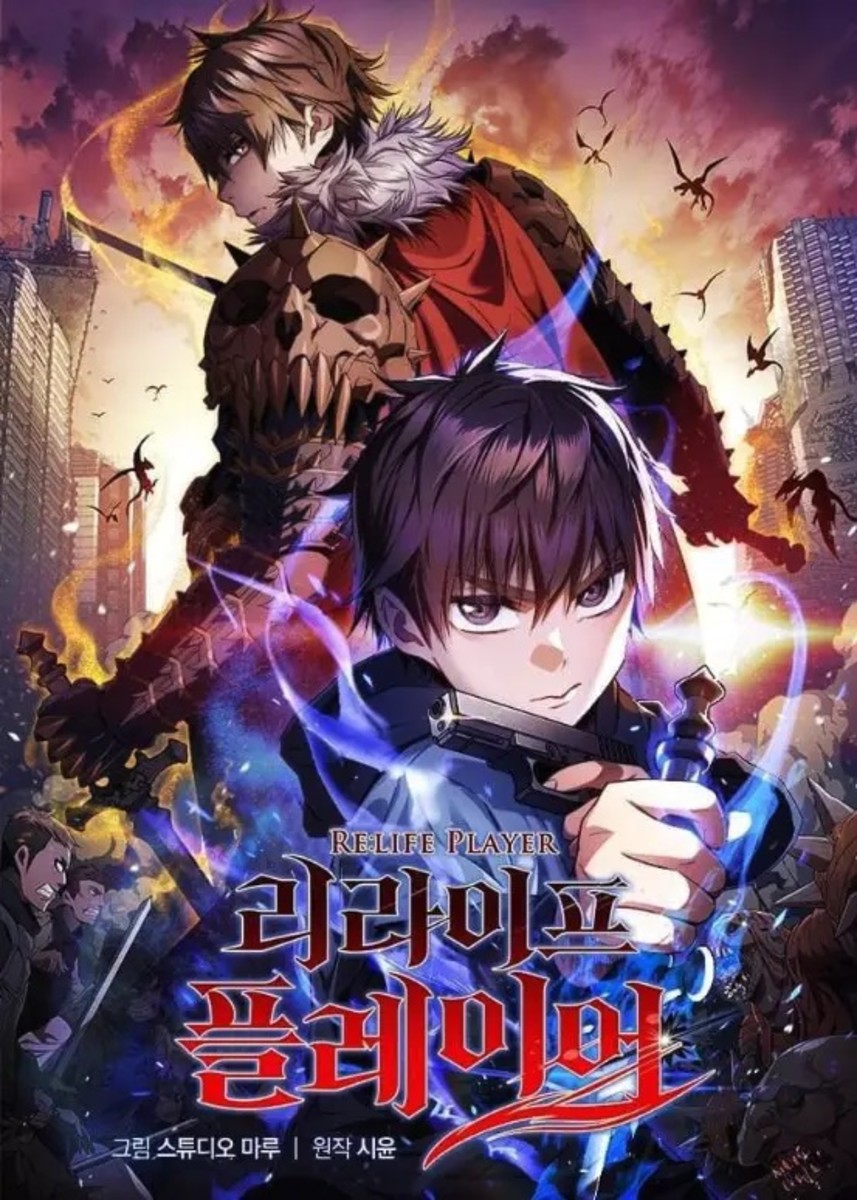The Resurgence of the Female Knight Narrative

In an age saturated with fantastical tales, a particular archetype has reemerged from the shadows of narrative history: the female knight. Not simply a damsel in distress or a passive love interest, she wields a sword, commands armies, and shapes her own destiny. What fuels the renewed interest in the female knight novel? What does this resurgence tell us about our cultural moment?
The female knight story offers a powerful lens through which to examine evolving societal expectations and the enduring appeal of heroism. These narratives challenge traditional gender roles, presenting women who are not confined to domestic spheres or defined by their relationships with men. They embody strength, courage, and agency, traits often associated with male protagonists in fantasy literature. The return of the female knight is not merely a trend; it's a reflection of a larger cultural conversation about representation, empowerment, and the redefinition of what it means to be a hero.
The seeds of these narratives can be traced back to ancient myths and legends, where female warriors occasionally graced the battlefield. From Joan of Arc, a historical figure who defied expectations and led armies, to the Amazons of Greek mythology, the concept of a woman wielding power and authority in a martial context has existed for centuries. However, these figures were often exceptions rather than the rule, relegated to the fringes of the dominant narrative. The modern resurgence of the female knight novel gives these figures center stage, exploring their complexities and offering nuanced portrayals of female strength.
The importance of this literary phenomenon lies in its ability to challenge preconceived notions and inspire readers. By showcasing women who defy expectations and break free from traditional gender roles, these stories provide powerful role models for young readers. They also offer a space to explore complex themes of identity, duty, and the struggle for recognition in a world often dominated by patriarchal structures. The female knight’s journey is not just a physical one; it’s a journey of self-discovery and empowerment.
The revival of these narratives also reflects a growing demand for diverse representation in literature. Readers are seeking stories that reflect their own experiences and offer alternative perspectives. The female knight, in her various incarnations, embodies this desire for inclusion. She represents a departure from the tired tropes of the damsel in distress, offering a fresh and engaging take on the classic hero's journey.
The thematic landscape of the female knight novel is rich and varied. Some explore political intrigue and the complexities of power, while others delve into the personal struggles of these women as they navigate societal expectations. Many narratives also grapple with the themes of war, loss, and the cost of duty. This thematic complexity contributes to the genre’s appeal, offering readers a multifaceted exploration of the human condition.
One benefit of the female knight narrative's resurgence is the expansion of representation in fantasy literature, allowing young readers, particularly girls, to see themselves reflected in heroic roles.
Another benefit lies in its potential to challenge traditional gender roles and stereotypes. By portraying women as capable warriors and leaders, these stories encourage readers to question societal expectations and embrace a more inclusive view of gender identity.
Finally, these narratives offer a powerful form of escapism while simultaneously engaging with complex themes relevant to the modern world. They provide a space for readers to explore ideas of justice, equality, and the pursuit of one's own destiny.
Advantages and Disadvantages of the Female Knight Novel Trend
| Advantages | Disadvantages |
|---|---|
| Empowering Representation | Potential for Overused Tropes |
| Challenging Gender Stereotypes | Risk of Tokenism |
Frequently Asked Questions:
1. What are some popular female knight novels? (Answer: While specifics will depend on current releases, responses could mention popular subgenres or authors.)
2. What makes a female knight novel different from other fantasy stories? (Answer: Focus on themes of empowerment, challenging gender roles, and often a focus on a female protagonist’s journey within a martial context.)
3. Are these novels only for women? (Answer: Absolutely not! The themes and narratives resonate with a wide audience.)
4. Where can I find more information about these novels? (Answer: Online book communities, review sites, and literary blogs are good starting points.)
5. Are there historical influences on the female knight archetype? (Answer: Yes, historical figures like Joan of Arc and mythical figures like the Amazons offer precedent.)
6. Do these stories always have happy endings? (Answer: Not necessarily; like all good stories, they explore a range of human experiences, including struggles and loss.)
7. Are there any common themes in these novels? (Answer: Themes often include duty, identity, overcoming adversity, and challenging societal norms.)
8. What is the significance of the return of the female knight in modern literature? (Answer: Reflects a desire for more diverse representation and challenges traditional gender roles.)
The resurgence of the female knight in fiction signals a profound shift in the literary landscape. These narratives offer not only thrilling adventures but also thoughtful explorations of gender, power, and identity. The female knight’s journey resonates with readers because it speaks to universal themes of courage, perseverance, and the pursuit of one's true self. By embracing these stories, we not only celebrate the power of imagination but also contribute to a larger cultural conversation about representation and empowerment. Explore the world of the female knight novel and discover the power of these transformative tales.
Float tube fly fishing disrupting the angling game
Navigating legal landscapes understanding william t payne attorney law
Beautiful baby names a deep dive into choosing the perfect name













